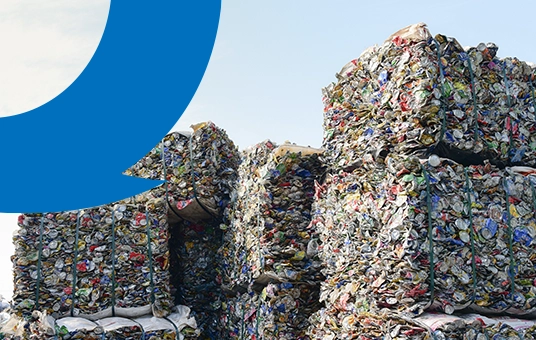What are the current CX trends in the insurance industry?
Current CX Trends include Personalized customer experiences, digital self-service options, AI-driven chatbots for customer support, and data analytics to better understand customer needs and behaviors.
How is digital transformation changing customer interactions with insurance companies?
Digital transformation is revolutionizing customer interactions with insurers through AI chatbots, online policy management, and mobile apps, offering convenience and efficiency.
Is data security a concern with cloud implementation in insurance?
Yes, data security is a significant concern in cloud implementation. It’s crucial to ensure robust encryption, access controls, and compliance with regulations to protect sensitive information.
What are some major challenges in the insurance industry?
Major challenges are increasing cyber threats, evolving regulations, competition, and complex underwriting processes. Adapting to changing customer expectations is also a significant challenge.
How to choose the right insurance provider for my digital transformation journey?
To choose the right insurance provider for your business, consider factors like coverage options, financial stability, customer service, and pricing, aligning with your specific needs.



